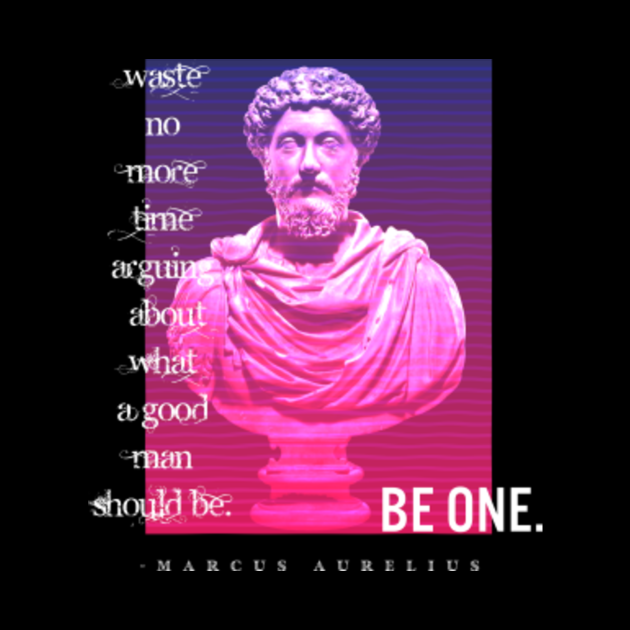

Thucydides was highly regarded as an author in antiquity, but not widely imitated his style was considered too dense and complicated, and his scrupulous neutrality, not hesitating to criticise his own city, was disparaged. Ancient sources and modern historians disagree about when exactly Thucydides died the work is unfinished, ending in 411, but shows awareness of later events, including the end of the war in 404.

He had, he claims, begun writing at its outbreak because he recognised the war’s significance now he was able to gather testimony from both sides, treating it all critically. He used this opportunity to gather material for a detailed account of the war (which he does not call a ‘history’, a term not yet in common use). This was not a success he failed to arrive in time to save an allied city from falling to the Spartans, and as a result the demos (the citizen body) voted to exile him. He kept out of politics, but in 424, aged about 36, he was elected as one of the ten Athenian strategoi (generals) and despatched to the northern Aegean, doubtless because of his ties to the region. He was born around 460 BCE, into an upper-class Athenian family with substantial property – including gold mines – in Thrace. We know relatively little about Thucydides beyond what he says about himself the two surviving ancient biographies are both much later and of doubtful reliability. In many cases, however, he appears simply as an authoritative name attached to a few quotes the nature of his work, an account of the war between Athens and Sparta known today as the Peloponnesian War (431-404), and the long history of its reception and influence, remains concealed. Commentators have noted his presence in the Trump White House, cited both by political advisers and military figures, and he has also become more prominent in British political discourse. In recent years, the fifth-century BCE Greek author Thucydides has been perhaps the most widely cited classical authority, appearing in a surprisingly wide range of contexts from discussions of US-China relations to Brexit.

The more enduring and valid policy lesson to draw from Thucydides is not that human nature is a fixed entity through time, from which secure prognostications can be made, but that democracies are vulnerable to cognitive biases of various kinds, which can be manipulated by adroit rhetoricians.

It is a high irony that Thucydides himself is now being deployed as a rhetorical device. Rather, he presented a detailed narrative, including reconstructions of speeches and debates, to encourage his readers to reflect on the complex and unpredictable nature of events, the limitations of democratic deliberation, and the power of political rhetoric.However, he did not offer simple principles of political behaviour, based on a timeless and universal human nature, although this is how he is often portrayed today. Thucydides is currently much in vogue, cited as an authority on global developments such as US-China relations and Brexit, as well as factionalism and populism within democratic politics.He is often seen as the founder of critical historiography, but also as a pioneering political theorist, since he claims his account of the past will be useful in understanding present and future events.Thucydides (c.460-404 BCE) wrote an account of the Peloponnesian War between Athens and Sparta (431-404 BCE).


 0 kommentar(er)
0 kommentar(er)
